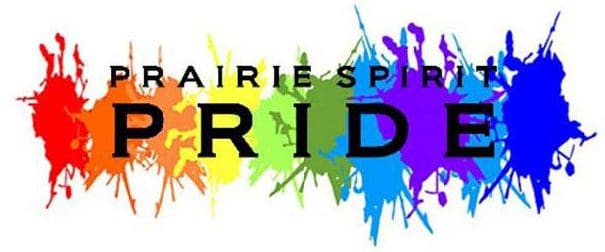Teachers are strongly encouraged to become knowledgeable about the Federation’s codes, standards and procedures, the Regulatory Board’s standards of competence and conduct, as
well as their employers’ policies and procedures.
Teachers can’t be expected to know all of the necessary STF codes, standards and procedures, but one topic that comes up frequently and is worth highlighting is our Code of Professional Ethics (STF Bylaw 6.2) and in particular, Section 6.2.16 which states, a teacher is “To inform an associate before making valid criticism and to inform the associate of the nature of the criticism before referring the criticism to appropriate officials.“. This means you need to speak to the person you have concerns with, before you speak to your administrator, superintendent or another colleague. An exception is made for STF Senior Administrative Staff, where an STF member is not only permitted to first contact STF SAS, but encouraged to seek advice and guidance from the STF SAS before speaking to the other member as they can help clarify issues and procedures.
It is important to note that the legal duty in Saskatchewan to report criminal acts, child abuse or neglect to the proper authorities supersedes the policies established by school divisions and the professional codes or standards established for members by the Federation. If a teacher suspects that a colleague has engaged in any conduct of this nature, it is their personal duty to call the police and/or social services agencies.
Teacher Professionalism: A Public Trust
Relevant Links and Documents:
